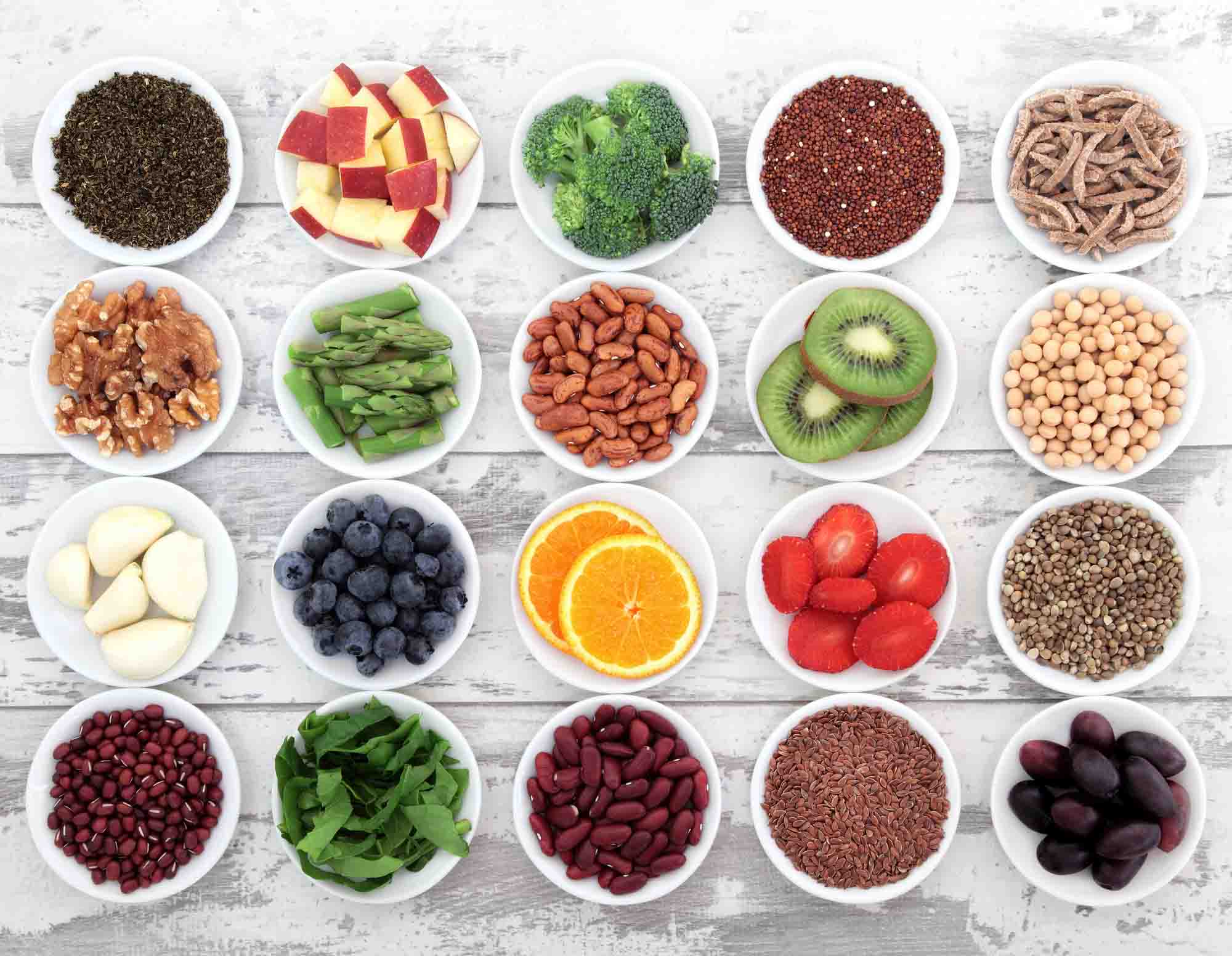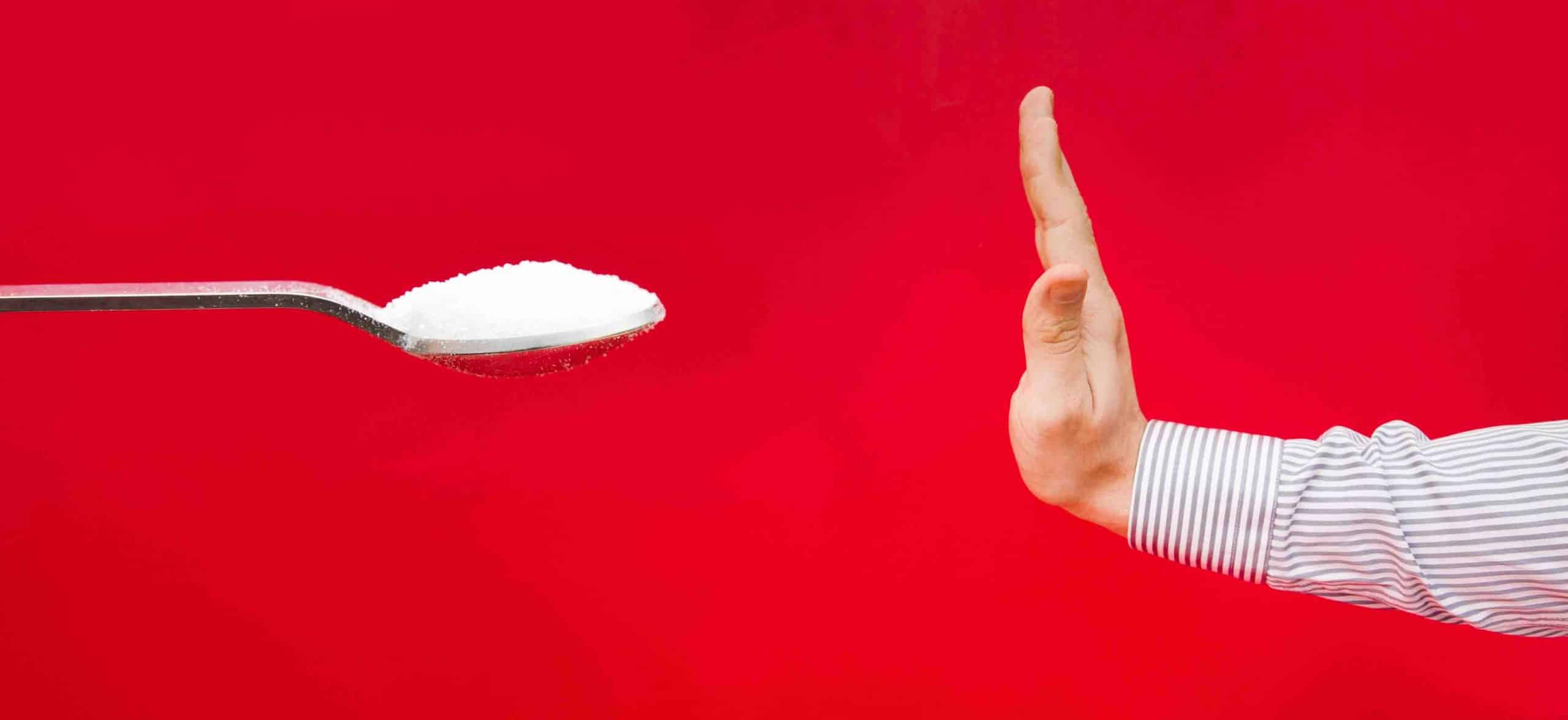The Role of Diet in Dental Health: How Nutrition Affects Oral Health
Last updated Thursday, June 13th, 2024

Sipping on a soda during lunch, nibbling sweets after dinner, or even indulging in that extra cup of coffee in the morning. These are all common habits, yet each plays a subtle saboteur to our oral health. The sting of sensitivity with a cold drink or the discomfort of a new cavity might seem like minor annoyances, but they’re symptoms of a larger, often ignored problem: the impact of our diet on dental well-being.
This connection between nutrition and oral health is crucial, yet frequently overlooked in our daily routines. It’s not just about avoiding sweets or acidic foods. It’s about understanding how every bite and sip can either support or compromise our teeth and gums.
As we explore the profound link between our dietary choices and oral health, we’ll uncover how simple changes in what we eat can not only prevent common dental problems but also enhance our overall wellness. Read on to discover how nurturing your nutrition is key to a healthier, happier smile.
The Basics of Nutrition and Oral Health
Understanding how our diet affects oral health is crucial for maintaining a strong and healthy smile. At the heart of this relationship are the foods we eat and how they interact with our teeth and gums. Every time we eat, our diet plays a direct role in either supporting or challenging our dental health.
Saliva, the first step in digestion, is more than just moisture in our mouths. It acts as a natural defender against tooth decay by washing away food particles and neutralizing harmful acids produced by bacteria.
Think of saliva as the unsung hero of oral health. It keeps the balance in favor of strong teeth and healthy gums.
Foods high in sugar and acids are the main culprits behind tooth decay. When sugar is consumed, bacteria in the mouth convert it into acid. This acid then attacks the enamel, the hard outer layer of our teeth, leading to decay.
On the other hand, foods rich in calcium, such as milk, cheese, and leafy greens, can help strengthen this enamel. Similarly, crunchy fruits and vegetables increase saliva production, aiding in the natural cleansing of your mouth.
Dental health is not just about brushing and flossing. It’s deeply influenced by our dietary choices. Consuming foods that are beneficial for oral health and limiting those that contribute to tooth decay can significantly impact the overall health of your teeth and gums.
A balanced diet not only supports oral health but also enhances the body’s ability to fight bacteria and inflammation, leading to a healthier mouth and a brighter smile.
Key Nutrients for Oral Health
To keep our smiles bright and healthy, certain nutrients play a leading role. Understanding these can help us choose foods that support strong teeth and healthy gums.
Calcium is like the building block for our teeth and bones. Just like the foundation of a house, calcium strengthens the enamel and structure of our teeth. Foods rich in calcium include dairy products like milk and cheese, as well as leafy greens and almonds.
Vitamin D works hand in hand with calcium, helping our body to absorb it. Without enough vitamin D, all the calcium in the world wouldn’t be as effective. You can get your dose of vitamin D from the sun, fatty fish like salmon, and fortified foods such as milk and cereals.
Phosphorus is another supporter of enamel, helping protect and rebuild it just like calcium. You’ll find phosphorus in protein-rich foods like meat, poultry, fish, and eggs. For vegetarians, lentils and nuts are good sources, too.
Vitamin A isn’t just good for your eyes. It’s crucial for saliva production, which helps keep our mouths clean and reduces the risk of gum disease. Vitamin A-packed foods include carrots, sweet potatoes, and leafy greens.
Vitamin C strengthens the gums and soft tissue in the mouth. It can protect against gingivitis, the early stage of gum disease, and can keep our teeth securely in place. Citrus fruits, tomatoes, peppers, and strawberries are great sources of vitamin C.
Foods to Embrace for a Healthy Smile
Choosing the right foods is key to maintaining a healthy smile. Some foods not only provide the essential nutrients for our teeth and gums but also help clean our mouths and fight bacteria.
Dairy Products like milk, cheese, and yogurt are high in calcium, which strengthens the enamel of our teeth. They also contain casein, a protein that reduces the levels of acid in the mouth, helping to prevent tooth decay.
Leafy Greens such as spinach, kale, and collard greens are loaded with vitamins and minerals, especially calcium and vitamin C. Leafy greens also require more chewing, which stimulates saliva production to naturally clean the teeth.
Nuts, including almonds, cashews, and walnuts, are great sources of protein and essential fatty acids. Nuts also stimulate saliva production, which can reduce the risk of tooth decay.
Fruits, particularly crunchy ones like apples and pears, act like natural toothbrushes by removing plaque and stimulating the gums. They’re high in water and fiber, which balance their natural sugars and help to clean the teeth.
Moreover, fruits high in vitamin C, such as oranges and kiwis, strengthen blood vessels and connective tissue, including those in your gums, to reduce the risk of gum disease.
Foods and Habits to Avoid for Healthy Teeth
To maintain a healthy smile, it’s just as important to know what to avoid as it is to know what to eat. Certain foods and habits can put you at risk for tooth decay and tooth erosion, compromising your dental health.
Sugary Snacks and Beverages are one of the biggest enemies of healthy teeth. When you eat or drink something sugary, the bacteria in your mouth feast on the sugar, producing acids that attack tooth enamel.
This process can lead to cavities and, over time, can cause significant tooth erosion. Soft drinks, candy, and even dried fruit are major sources of sugar that can harm your teeth.
Acidic Foods and Drinks can also cause tooth erosion. Citrus fruits, tomatoes, and coffee are just a few examples of items that, while healthy in moderation, can damage enamel if consumed in excess. The acid in these foods and beverages can wear away the protective layer of your teeth, making them more susceptible to decay.
Frequent Snacking throughout the day can increase the risk of tooth decay. Every time you eat, you create an opportunity for bacteria to produce acids that attack your teeth. If you’re snacking often, your teeth are under constant attack, and saliva doesn’t have a chance to neutralize the acids and remineralize the enamel.
Sticky Foods that cling to your teeth for a long time are more harmful than those that are easily washed away by saliva. Caramels, toffee, and even some healthy snacks like dried fruit can stick to teeth, providing a constant source of food for bacteria that produce harmful acids.
Practical Tips for Integrating Nutrition into Oral Health Care
Integrating better nutrition into your oral health care routine doesn’t have to be complicated. Here are some straightforward strategies to ensure your diet supports your dental health.
Stay Hydrated with Water
Drinking water is one of the easiest ways to boost your oral health. Water helps wash away food particles and bacteria, and keeps your mouth moist. A dry mouth can lead to tooth decay and other oral health problems.
Plus, if your water is fluoridated, it can help strengthen your teeth.
Choose Dairy or Calcium-Fortified Alternatives
Incorporate dairy products or calcium-fortified juices and plant milk into your diet. These can help strengthen tooth enamel and support overall dental health.
Snack Smart
Opt for teeth-friendly snacks like cheese, nuts, carrots, or apples. These foods can help clear food particles from your mouth and reduce the risk of cavities.
Limit Sugars and Acids
Try to reduce the amount of sugary and acidic foods and drinks you consume. If you do indulge in a soda or candy, don’t let it linger in your mouth for too long. Rinse with water after consuming these items to help neutralize the acids and wash away the sugars.
Balanced Meals
Eating a balanced diet is essential for your overall and oral health. Make sure you’re getting plenty of vegetables, fruits, lean proteins, and whole grains. These foods provide the nutrients necessary for maintaining strong teeth and healthy gums.
Feeding Your Smile for Lifelong Health
As we’ve seen, the connection between nutrition and oral health is undeniable. From preventing tooth decay to reinforcing strong teeth and gum health, the right diet acts as your first line of defense against oral issues.
Smiles By Hanna stands at the forefront of integrating nutritional guidance into comprehensive dental care. Dr. Hanna Mansoor and her team not only address existing dental concerns but also equip you with the knowledge to prevent future problems through diet.
Ready to embrace a holistic approach to oral health that goes beyond the dentist’s chair? Request your appointment today and see how we can help you smile brighter and healthier.
Get Started On Your New Smile
It's time you stop putting off your next dental visit. Whether it's a general check-up or a complex restorative or cosmetic procedure, the time to book your appointment is now!




